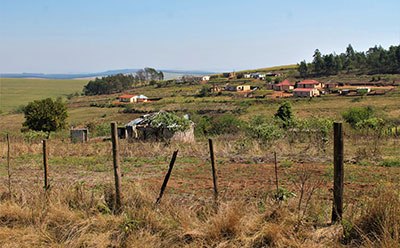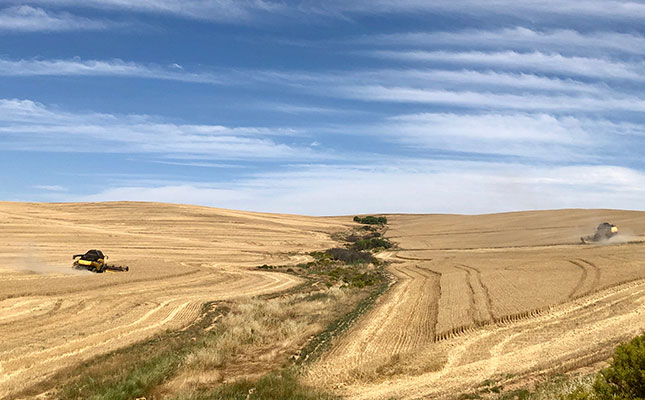
Photo: FW Archive
At least 5 800 applications have been received from co-operatives and individuals to potentially lease a total of around 700 000ha of underutilised or vacant state-owned land for agricultural purposes.
This was according to the Minister of Agriculture, Land Reform and Rural Development (agriculture department), Thoko Didiza, at a media briefing on Tuesday, 10 November, held to update the country on progress made regarding these leasehold opportunities.
She said applications had been streaming in since the process opened on 15 October. Didiza reminded South Africans that the application window would close on 15 November, and urged people to submit any outstanding applications before this date.
She assured the public that communities and individuals already living on and working portions of this state land would not be arbitrarily removed from these sites. Instead, a land rights enquiry was being implemented to “ascertain the status of such occupation and how such lands were given to these communities or individuals”.
“This process will ensure that proper procedure for formalisation and regularisation is undertaken. This is a way of enabling the state to have a record of which farm is occupied by whom, and what activities are being undertaken on that particular state-owned land. The [land rights enquiry] will continue until such time that all state-owned land has been recorded and accounted for,” she said.
Farmer’s Weekly previously reported that the 700 000ha, which comprised 896 farms, were spread across all provinces except the Western Cape and Gauteng. Successful applicants would be given 30-year leases for their portion of land.
Addressing reports of government officials allegedly trying to summarily evict current residents of state-owned land, and of attempting to solicit bribes of “hundreds of thousands of rand” to give people preferential access to this land, Didiza said that “this conduct is unacceptable and criminal”.
She urged affected citizens to report such cases to the office of the agriculture department’s acting director-general, and also to the nearest police station.
Didiza’s 1 October announcement about making state-owned land available for lease was largely welcomed by South Africa’s organised agriculture bodies. However, a common thread among their responses to the announcement was the need to avoid corruption in the applications and allocations processes, and to ensure that successful applicants were capacitated to farm the land productively and profitably.
At the time, chairperson of Agri SA’s Centre of Excellence for Land, Willem de Chavonnes Vrugt, said: “It is regrettable that district land reform committees on which organised agriculture had been represented are no longer in place. The private sector and organised agriculture can play a valuable role in the selection of beneficiaries and [in providing] support for such beneficiaries. Agri SA would like to see district land committees making use of such expertise.”











